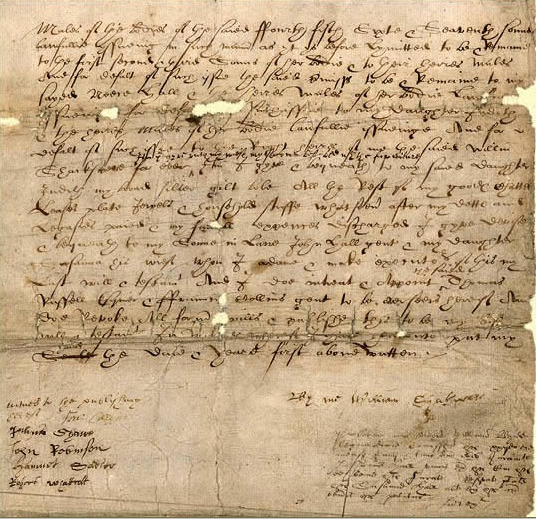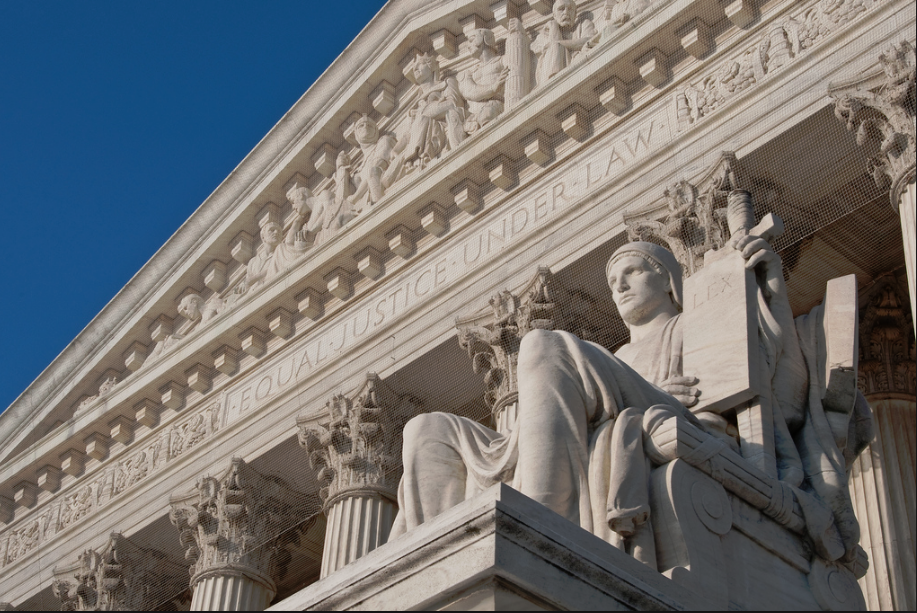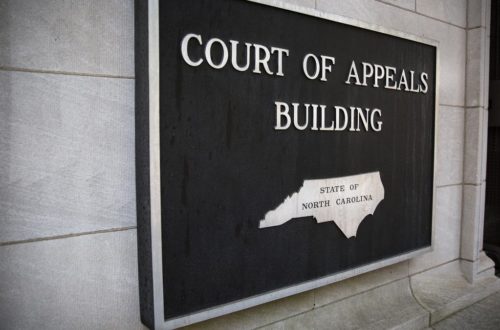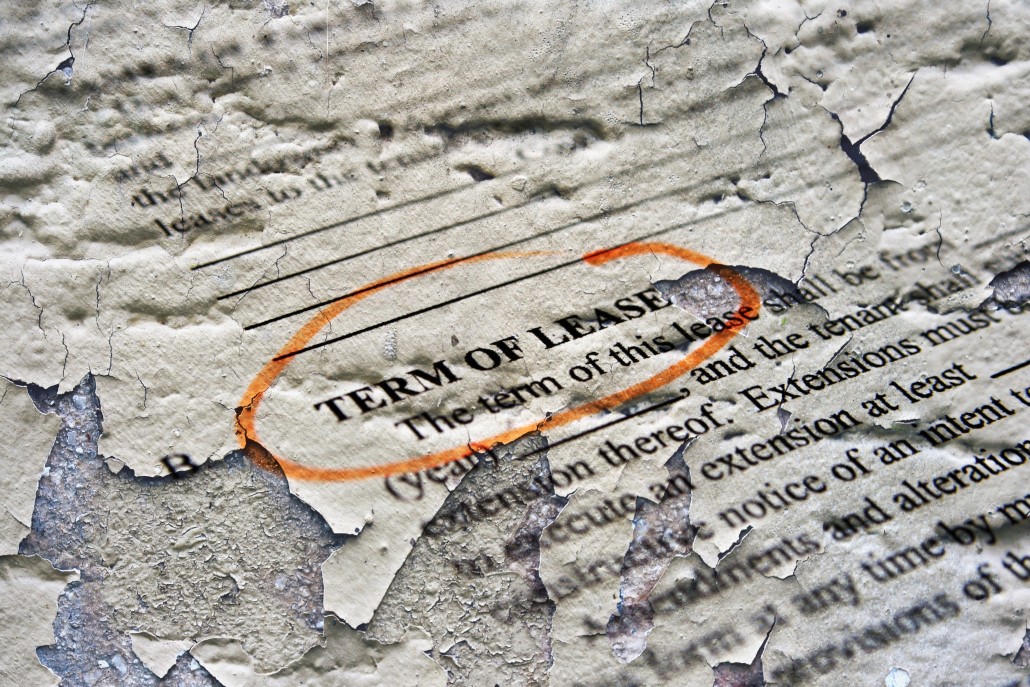If you have a will or have ever dealt with estate administration, you are probably familiar with the term “executor.” However, most people don’t know what an executor is or what the executor’s role is. Additionally, what do you do if you suspect an executor is behaving fraudulently or contrary to the deceased person’s wishes?
What is an executor?
An executor is a person or institution appointed to carry out the terms of a person’s will. They are appointed by the person who wrote the will, the testator, to conclude the business and financial arrangements the testator had during his or her life and submit the will to probate. The executor is often a trusted family member, a lawyer, or a financial expert. Institutions, such as banks, can also serve as executors.
Who makes a good executor?
The law does not require an executor to have specialized legal or financial knowledge, but it is certainly helpful. He or she is required to act with good faith and with good judgment, so it is important to choose someone that you trust to carry out your wishes. This person should not only be trustworthy, but also competent and financially responsible. For example, my husband and I chose his brother because he is an experienced attorney, responsible, and we trust him to carry out our wills according to our wishes. You can choose more than one person to serve as executor, but you should be careful to choose individuals or entities that will be able to work well together.
Some people choose institutional executors because they are generally more objective and experienced. Institutions administer wills daily and are familiar with the many duties and responsibilities required of an executor. Unlike a friend or family member, they are usually able to make decisions without bias. Finally, institutional executors have resources at their disposal regarding taxes, investing, retirement, and estate planning. An institutional executor is a good choice if your estate is complex or you are concerned about an individual executor’s ability to remain independent.
Regardless of whether you choose a person or an entity to administer your will, you should choose someone that you believe can perform the responsibilities of the job well. They need to be diligent in paying bills, filling out paperwork, taking time to deal with red tape, and hiring an accountant or tax professional when necessary. You also need to choose someone to succeed the executor in case your first appointee is unwilling or unable to perform his or her duties.
Is an executor the same thing as a trustee?
No. Executors and trustees are both fiduciaries, meaning they have the highest duty of care in administering the testator’s wishes. An executor is responsible for administering a will and a trustee administers trust assets. They both owe a duty of care to the beneficiaries, but are responsible for different instruments. An executor’s involvement generally lasts a year or two, but a trustee may administer a trust for a very long time.
What does an executor do?
An executor is responsible for winding up the business of the deceased person and administering the will according to that person’s wishes. Specific tasks may include:
- Filing a petition with the court;
- submitting the will to probate;
- Defending the validity of the will;
- Collecting the assets of the testator;
- Transferring property and assets to the beneficiaries of the will;
- Paying all outstanding bills, such as hospital bills or funeral costs;
- Paying state and federal taxes;
- Managing rental properties;
- Evaluating creditors’ claims and, if appropriate, paying them;
- Selling estate assets to pay bills, taxes, and creditors’ claims;
- Accounting retirement benefits; and
- Collecting life insurance proceeds.
This list is not exhaustive, and complex estates may require the assistance of legal, financial, and tax professionals.
Do executors get paid?
Executors may be paid a fee as compensation for administering the estate, but that fee must be reasonable in the context of the size and complexity of the estate. If the will does not specify how the executor should be paid, then state laws apply. In North Carolina, if the estate is worth less than $2,000, the court can determine a reasonable and just compensation. If the estate exceeds $2,000, the executor can be paid up to 5% of the amount of receipts and expenditures. For example, if a testator’s estate is worth $500,000, then the executor fees would amount to a maximum of $25,000.
What if the executor is handling the estate incorrectly?
Executors are fiduciaries and, as such, must not breach their fiduciary duties, such as the duty of care and the duty of loyalty. If an interested party suspects fraud, negligence, or other misconduct, they can file a civil suit to recover assets. For example, an interested party may sue if he or she suspects the executor is selling himself the testator’s assets below fair market value, or if the executor is not paying taxes, bills, and creditors. Such self-dealing or negligence is likely to be detrimental to the estate and its beneficiaries, so it is important to take action to mitigate the damage. More information regarding the basics of fiduciary litigation can be found here.
If you live in North Carolina and have questions regarding estate administration, the NC Courts website has a brochure on Estate Procedures for Executors, Administrators, Collectors by Affidavit, and Summary Administration. Click here for more information.
If you suspect an executor is engaging in negligent or fraudulent behavior, it is a good idea to seek legal guidance. An experienced fiduciary litigator can help you understand your options. Please visit us at www.lindleylawoffice.com for more information.





